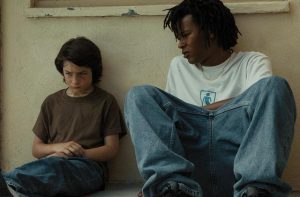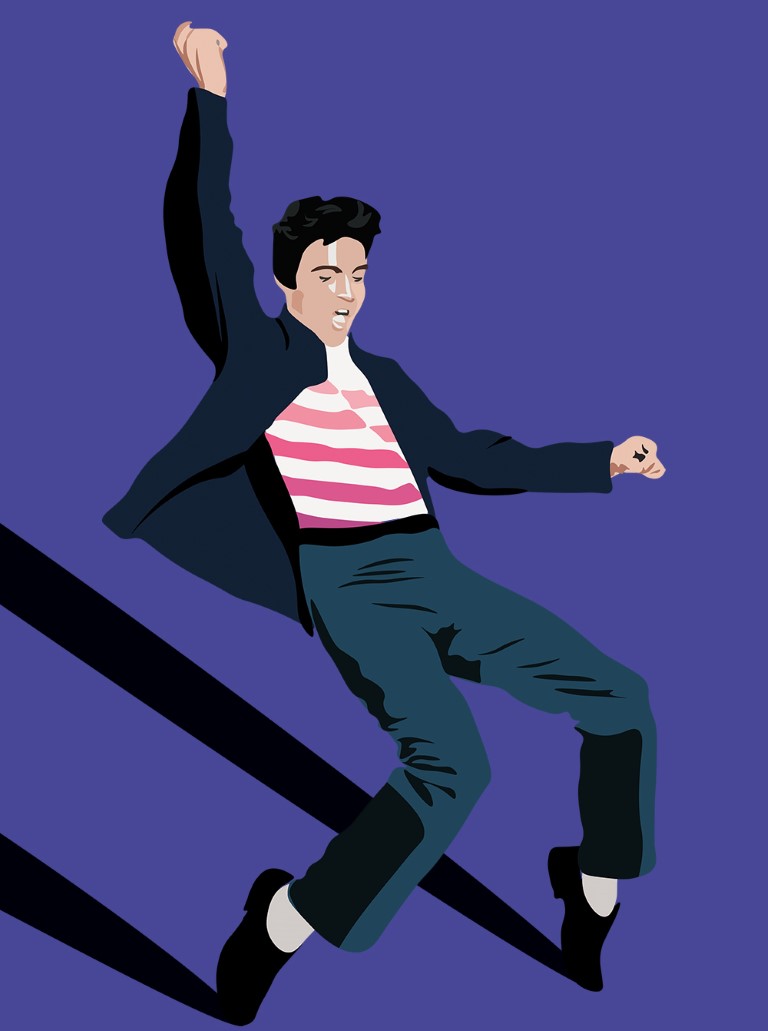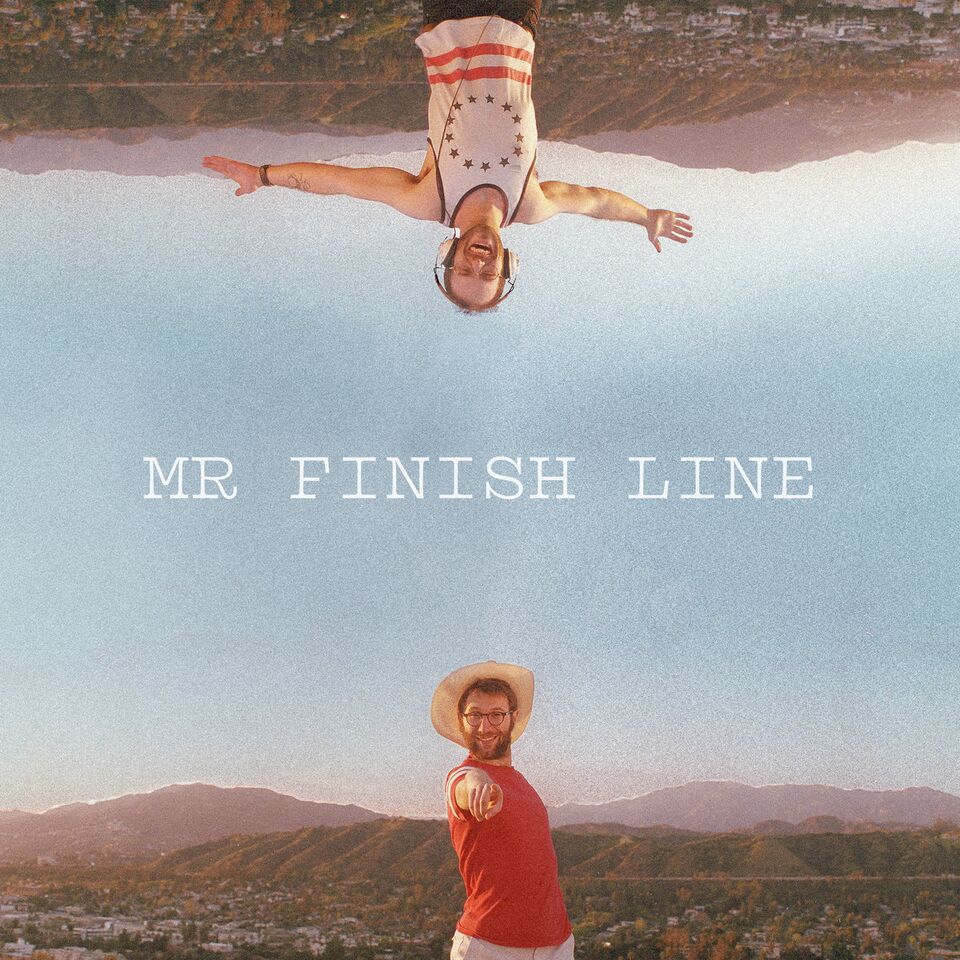
Mid90s’ film review
By Roshni Riar, Staff Writer
5/5
When purchasing my ticket to see Mid90s, Jonah Hill’s screenwriting and directorial debut, I can safely say I didn’t know what the next hour and a half would hold. I anticipated skateboarding, some good ’90s music, and a lot of laughs. While I did get all of those from the film, what was really at the forefront was a resonating tale of friendship, the trials and tribulations that come with trying to find your place in the world, and the desperation that we’ve all felt, at some point in our life, to be accepted.
The film takes place in Los Angeles in the ’90s, with 13-year-old Stevie (played by Sunny Suljic) developing an interest in skateboarding, much to the chagrin of his violent older brother Ian (Lucas Hedges). Stevie’s situation at home is tense—he and his brother are constantly manipulating and frustrating each other, which results in frequent physical altercations that their mother Dabney (Katherine Waterston) is complacent towards. Searching for a way out, Stevie gets hold of a crappy kid’s skateboard one day and makes his way to the local skate shop, where he meets Ruben (Gio Galicia), Fuckshit (Olan Prenatt), Fourth Grade (Ryder McLaughlin), and Ray (Na-kel Smith, who is a professional skateboarder), a ragtag group of friends who love to skateboard.
The dialogue throughout the film is cringe-worthy but brilliant and true to the way kids spoke to each other in the ’90s and early 2000s. The actors deliver the lines effortlessly. The way the characters speak to each other is casual, gross, and hilarious. While watching the film, I often found myself looking at Stevie’s crew and seeing each character as someone I knew in elementary school. At the same time, during more serious moments the dialogue is minimal and tight, guarded like it would be if young boys were uncomfortably sharing their feelings. The movie shows some conflicts that are never mentioned again, which could be frustrating if it wasn’t obvious that these conflicts have glaring implications on the characters’ internal attitudes and behaviours.
Sunny Suljic and Na-kel Smith are the driving forces of the film, both absolute standouts in their roles. As Stevie, Suljic takes the audience on his character’s journey towards acceptance, from both himself and his peers. His acting—particularly in scenes without dialogue—really evokes a lot of emotion. Smith plays Ray, the oldest and most talented at skateboarding of the crew. He offers teenage wisdom and support in times of need and is the perfect grounding character for the wild group of friends. Considering Smith has limited acting experience, his performance is a pleasant surprise.
Trent Reznor and Atticus Ross scored Mid90s wonderfully, especially in moments of tension and dismay. Their score blends with the soundtrack, which features classic ’90s songs like “The World is Yours” by Nas, “Still A G Thang” by Snoop Dogg, “Where Did You Sleep Last Night?” by Nirvana, and “Tearz” by Wu-Tang Clan.
Mid90s is, more than anything, a slice of the life of Stevie and his crew. There’s conflict and devastation, but the root of the story is about friendship and how fast friends often shift and grow into support systems that you don’t realize you need or want. We follow Stevie’s journey day by day—the elation he feels with his new friends as he learns to skateboard, the tension at home that he represses, and how his two worlds feed into each other. The themes are implicit as the dialogue doesn’t feature many heart-to-heart moments, but the emotion is still there and incredibly powerful. Mid90s is nostalgic, funny, and entertaining but it also gives the audience a lot to reflect on, especially when it comes to the idea of “growing up.”


